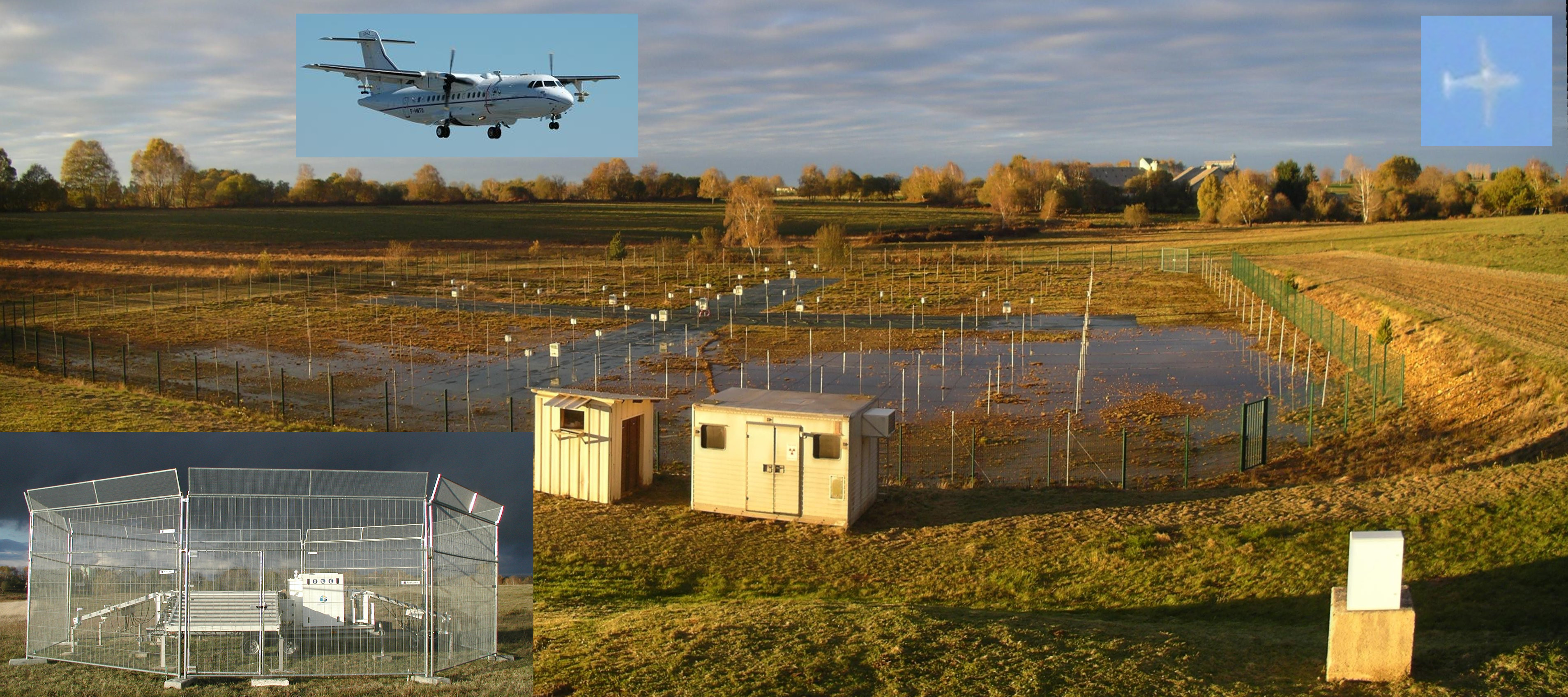SEMINAIRE DIE WANG (Brookhaven National Laboratory, USA)
*Dié Wang*(Brookhaven National Laboratory, USA) will give a seminar on *23rd* January, 11 am, Boussinesq room. Her presentation is entitled *Challenges in understanding deep convection through measurements and modeling *(abstract here-after)
*Title : Challenges in understanding deep convection through measurements and modelling*
*Speaker: Dié Wang/(Brookhaven National Laboratory, USA)/*
*Abstract*: Deep convective clouds (DCCs) regulate the global energy and water cycles through their extensive cloud coverage and the exchange of latent heat. Through the influence of DCCs on the large-scale atmospheric Hadley and Walker circulations, DCCs affect the cloud and precipitation properties in remote tropical and subtropical environments. Unfortunately, current general circulation models (GCMs) do not properly simulate DCC role in our climate system, since relevant DCC processes operate across GCM resolved and parameterized scales. In addition, inadequate observational constraints inhibit high-resolution convective model process improvement. This talk will focus on the dynamics and microphysical characteristics of DCCs using satellite remote sensing (e.g., passive microwave) and in-situ observations (e.g., radar wind profiler), and the challenges faced in model evaluation. The vertical air motions (i.e., up- and downdrafts) of DCCs will be discussed in particular, which are themost fundamental property and are among the most difficult aspects of convection to measure.







